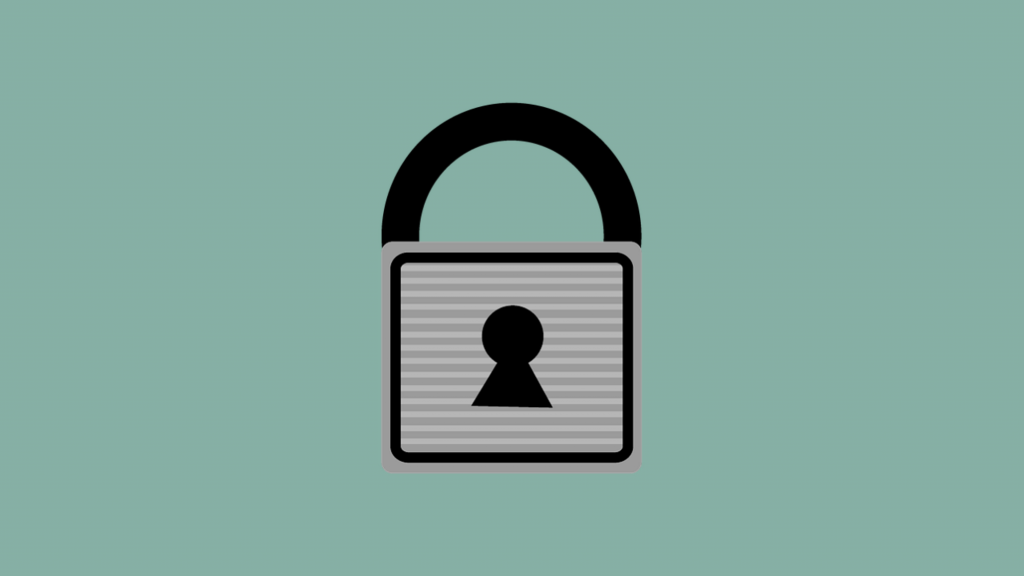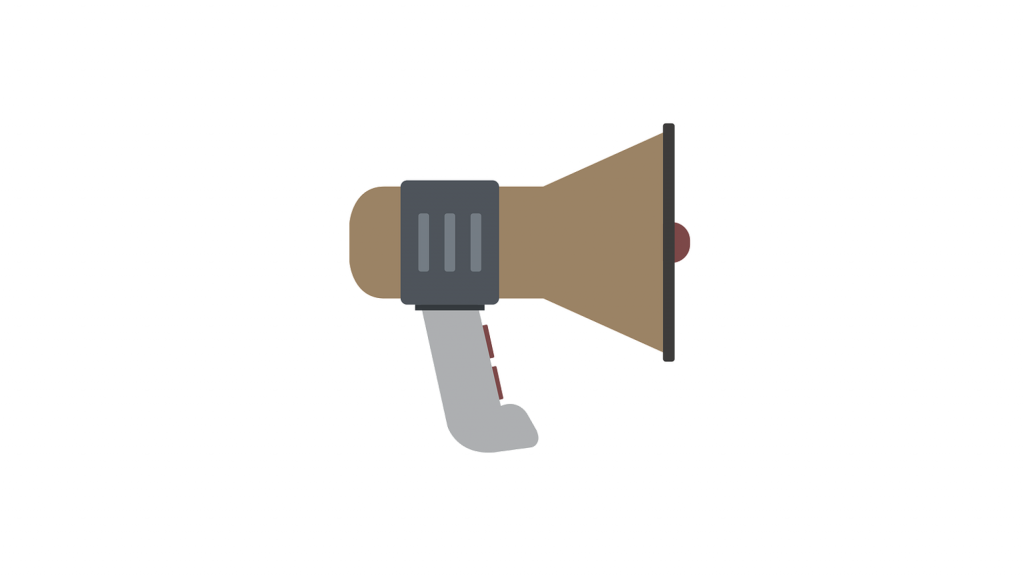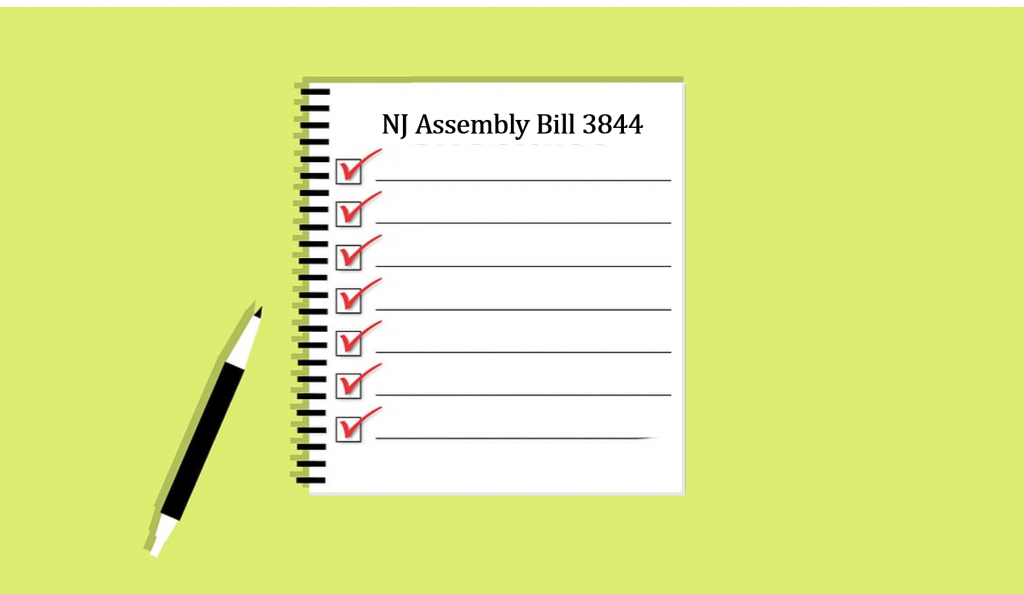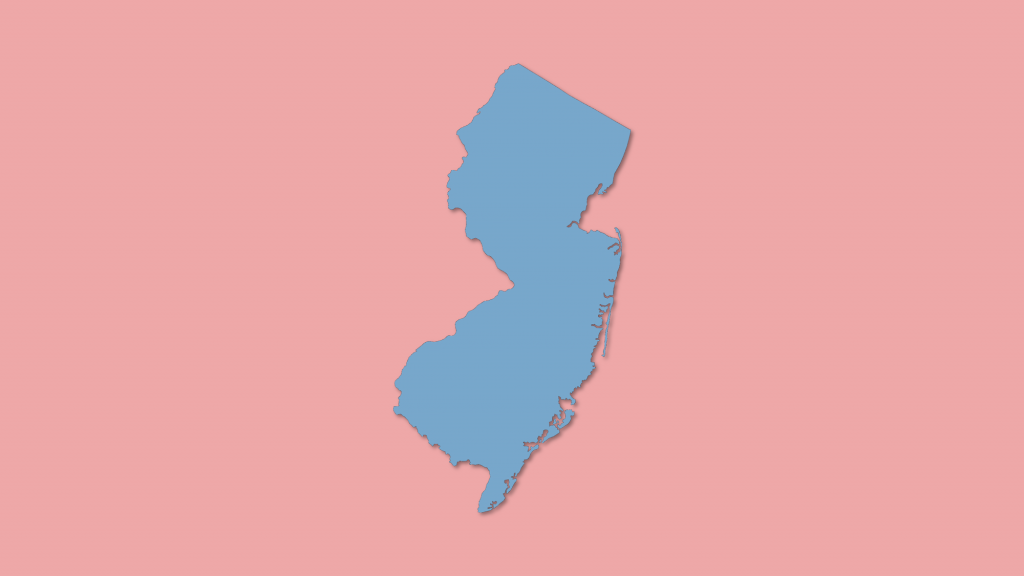 On April 22, 2020 the First Judicial District of Pennsylvania executed a Continuation of Judicial Emergency Order, extending the terms issued March 16, 2020 and extended April 1, 2020 by Pennsylvania Supreme Court Order. Under yesterday’s order, the Judicial Emergency in Philadelphia is extended through close of business on May 29, 2020. A summary of the April 1st Order can be found on Kang Haggerty’s blog here.
On April 22, 2020 the First Judicial District of Pennsylvania executed a Continuation of Judicial Emergency Order, extending the terms issued March 16, 2020 and extended April 1, 2020 by Pennsylvania Supreme Court Order. Under yesterday’s order, the Judicial Emergency in Philadelphia is extended through close of business on May 29, 2020. A summary of the April 1st Order can be found on Kang Haggerty’s blog here.
During this time period, the courts are authorizing alternative methods for signing, delivering, and service of court orders if authorized by each individual judge. Residential writs of possession (issuance, execution, and enforcement) are stayed until June 1, 2020. The Philadelphia County Sheriff’s Mortgage Foreclosure Sale scheduled for June, 2, 2020 will be rescheduled for Tuesday September 1, 2020. The Philadelphia County Sheriff’s Tax Sales June 2020 dates will be rescheduled for dates in September 2020.
Kang Haggerty continues to monitor the orders and other guidance by various courts, which are rapidly changing. Clients should contact their Kang Haggerty attorney for questions related to their specific matters.
 Kang Haggerty News
Kang Haggerty News


 It has been about a month since the Coronavirus Aid, Relief, and Economic Security (“CARES”) Act was passed, yet the allocated funds, particularly for small business forgivable loans, were quickly exhausted. To that end, Congress drafted the Paycheck Protection Program and Health Care Enhancement (“PPPHCE”) Act, which passed in the Senate on April 21st, and is scheduled for a House vote tomorrow, Thursday, April 23rd.
It has been about a month since the Coronavirus Aid, Relief, and Economic Security (“CARES”) Act was passed, yet the allocated funds, particularly for small business forgivable loans, were quickly exhausted. To that end, Congress drafted the Paycheck Protection Program and Health Care Enhancement (“PPPHCE”) Act, which passed in the Senate on April 21st, and is scheduled for a House vote tomorrow, Thursday, April 23rd.
 Two recent Executive Orders by Governor Murphy create effective moratorium for termination of insurance and cancellation of cable services during the COVID-19 pandemic.
Two recent Executive Orders by Governor Murphy create effective moratorium for termination of insurance and cancellation of cable services during the COVID-19 pandemic.  Additional Executive Orders geared towards limiting the spread of COVID-19 implemented by Governor Phil Murphy over the weekend including EO122 and 125, providing further restrictions on essential-business (retail stores and construction operations) to ensure the safety of their employees and consumers. Notably, the orders also provide for safety measures required to be taken consumers.
Additional Executive Orders geared towards limiting the spread of COVID-19 implemented by Governor Phil Murphy over the weekend including EO122 and 125, providing further restrictions on essential-business (retail stores and construction operations) to ensure the safety of their employees and consumers. Notably, the orders also provide for safety measures required to be taken consumers. On Tuesday, New Jersey Governor Murphy issued the most recent in a series of orders intended to combat the COVID-19 crises, Executive Order No. 119, extending the current health emergency in the state by another 30 days. This means that, as it stands, the current public health emergency in New Jersey will last at least until May 8, 2020.
On Tuesday, New Jersey Governor Murphy issued the most recent in a series of orders intended to combat the COVID-19 crises, Executive Order No. 119, extending the current health emergency in the state by another 30 days. This means that, as it stands, the current public health emergency in New Jersey will last at least until May 8, 2020.  As reported in our March 25th update, New Jersey – by Governor Murphy’s Executive Order 109 – directed businesses to submit inventories on personal protective equipment (PPE), ventilators, and similar equipment. On April 2, 2020 in Executive Order 113, Governor Murphy has now authorized the Office of Emergency Management to repossess and reallocate such resources to meet the State’s needs.
As reported in our March 25th update, New Jersey – by Governor Murphy’s Executive Order 109 – directed businesses to submit inventories on personal protective equipment (PPE), ventilators, and similar equipment. On April 2, 2020 in Executive Order 113, Governor Murphy has now authorized the Office of Emergency Management to repossess and reallocate such resources to meet the State’s needs.  Among the various challenges businesses are facing throughout the COVID-19 pandemic, one is particularly garnering attention – the issue of business interruption insurance policies which are not being paid out to those who have faced losses due to coronavirus-related business closures. Business interruption insurance is designed to replace business income lost due to forced closure, typically due to natural disaster-related property damage, and is intended to cover operating expenses during the closure. Like elsewhere in the United States, governments in Pennsylvania and New Jersey responded to the COVID-19 pandemic by, among other measures, closing non-essential businesses unless remote work is available. In light of these closures, many businesses turned to their business interruption insurance policies, only to find
Among the various challenges businesses are facing throughout the COVID-19 pandemic, one is particularly garnering attention – the issue of business interruption insurance policies which are not being paid out to those who have faced losses due to coronavirus-related business closures. Business interruption insurance is designed to replace business income lost due to forced closure, typically due to natural disaster-related property damage, and is intended to cover operating expenses during the closure. Like elsewhere in the United States, governments in Pennsylvania and New Jersey responded to the COVID-19 pandemic by, among other measures, closing non-essential businesses unless remote work is available. In light of these closures, many businesses turned to their business interruption insurance policies, only to find  Last Updated: April 3, 2020
Last Updated: April 3, 2020